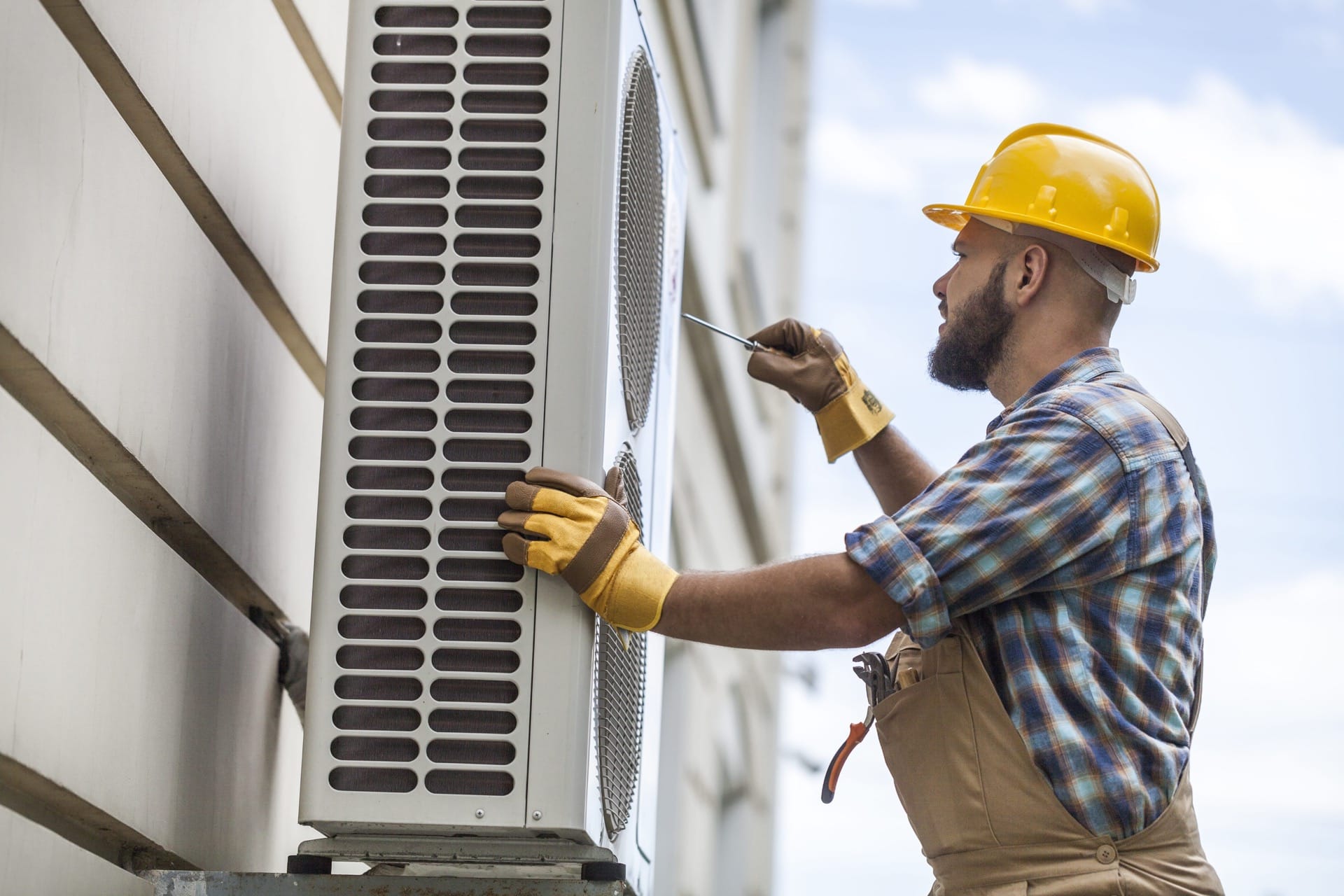In terms of ensuring comfort in one's homes and offices, comprehending HVAC systems is essential. HVAC, which stands for heating, ventilation, and air conditioning, has a critical role in ensuring indoor air quality and temperature control. As energy costs increase, knowing how these systems function and their efficiency ratings can help homeowners and business owners develop smart decisions that bring about both comfort and cost reductions.
One of the important components to comprehend when selecting or upkeeping an HVAC system is the importance of efficiency ratings. Two significant metrics in this aspect are SEER, or Seasonal Energy Efficiency Ratio, and AFUE, or Annual Fuel Utilization Efficiency. These ratings offer information into how effectively an HVAC unit performs and can impact everything from installation costs to monthly energy bills. In this article, we will examine the interpretations of SEER and AFUE, clarifying how they affect the efficiency of heating and cooling systems and providing guidance on choosing the right system for your needs.
How Heating, Ventilation, and Air Conditioning Systems Work
HVAC systems, also known as heating, ventilation, and air conditioning, are designed to regulate the climate within both residential and commercial spaces. https://www.berkeys.com/air-conditioning/ operate on the essential principle of heat transfer, using multiple components to either heat or chill the air. The two main functions—heating and cooling—are accomplished through different processes. Heating is usually accomplished via heaters, heat pumps, or boilers, while cooling is attained through air conditioning units or chillers. Understanding how these components work together is essential to maintaining a cozy indoor environment.
Air circulates through the HVAC system via a system of ducts, which deliver treated air around the building. When heating is needed, the system intakes cooler air, heats it up, and pushes it back out via the ducts. In contrast, during warmer months, the air conditioning component cools the air by passing it over refrigerant coils. This process not only lowers the temperature but also removes humidity from the air, improving comfort levels. Proper airflow and ductwork design for maximizing efficiency in both heating and cooling modes.
Moreover, ventilation plays a critical role in maintaining indoor air quality. HVAC systems are equipped with filters that trap dust, allergens, and other pollutants, ensuring that the air circulated in your home or business is clean and healthy. Regular maintenance, including filter changes and system inspections, can help deter common issues that may affect the effectiveness of the HVAC system. By understanding how each part operates and works together, homeowners can make knowledgeable decisions about their heating and cooling needs.
HVAC Maintenance Tips
Consistent maintenance of your heating, ventilation, and air conditioning system is essential to guarantee it operates efficiently and efficiently. One of the most basic yet most important tasks is cleaning air filters. Clogged filters hinder airflow, causing your system function harder and likely leading to increased energy bills and premature wear. It is recommended to check filters every month and change them each one to three months, according to usage and the type of filter.
A further important maintenance task is arranging annual professional checks and tune-ups. A qualified technician can detect potential issues before they become significant problems, ensuring your system runs smoothly. During these inspections, the technician can clean the components, test refrigerant levels, and check ducts for leaks. This proactive approach not only improves efficiency but also prolongs the duration of your HVAC system.
In conclusion, do not neglect the outdoor unit of your HVAC system. Clearing the area around the outdoor condenser uncluttered of debris, leaves, and grass can help ensure proper airflow and cooling efficiency. Additionally, ensuring that the blades are clean and not bent can further enhance performance. Regularly inspecting these areas and taking the required steps to keep them in optimal condition will help your HVAC system run effectively throughout the seasons.

Selecting the Suitable HVAC System
Choosing the right HVAC solution for your home involves considering multiple critical factors, including the size of your area, your finances, and your energy requirements. First, evaluate the square footage of your home and your specific heating and cooling requirements. A professional HVAC technician can perform a load assessment to determine the correct system capacity, which ensures efficient performance and comfort. Investing in the correct size system will help avoid issues such as inadequate heating or cooling and unnecessary energy consumption.
Subsequently, consider the energy efficiency ratings of various HVAC units. Look for models with high Seasonal Energy Efficiency Ratio (SEER) for cooling and Annual Fuel Utilization Efficiency (AFUE) for heating. These ratings indicate how efficiently the systems operate, which can lead to reduced energy bills over time. Additionally, think about the type of system that is most suitable for your lifestyle. Options consist of conventional central air and heating units, ductless mini-split units, or even smart solar-powered HVAC systems, each with distinct benefits.
Lastly, think about the long-term maintenance factors and possible upgrades for your chosen system. Regular maintenance is essential for keeping your HVAC unit running optimally, so consider how accessible service options are in your area. Additionally, look for features that allow for future innovations, such as smart thermostats or compatibility with energy-efficient technologies. By taking these factors into account, you can reach an informed choice that enhances your home's comfort and energy efficiency.
